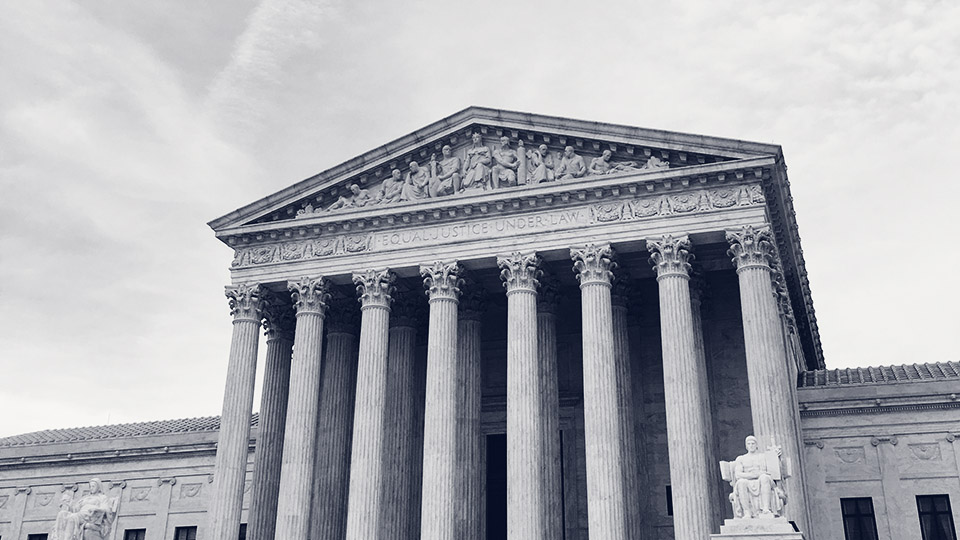SCOTUS Does Good Thing after Doing Odd Thing
On April 27, the Supreme Court handed a significant win to advocates for Free Law by holding that the “government edicts doctrine” forbade legislatures from claiming copyright in any materials they produce in the course of their official duties, whether or not the materials in question carry “the force of law.” Writing for a 5-4 majority, Chief Justice Roberts explained, “The animating principle behind this rule is that no one can own the law. Every citizen is presumed to know the law, and it needs no argument to show that all should have free access to its contents.” (internal quotation and punctuation omitted).
Now, where have you heard that before? Maybe here? How about here? Or, perhaps, here?
So, that’s the “Good Thing.” Now, what about this “Odd Thing” we mentioned in the headline? In case you missed it, the Court postponed its March and April calendars several weeks ago. Then it announced it would hear oral arguments in about half of those cases in May via telephonic hearing. (The other half, it seems, will wait until the new term begins this Fall.) C-SPAN will have access to the live audio feed and has promised public access.
If we hear more, we’ll let you know.




They didn’t do a good thing, they continued a tradition of doing the dictatorial thing. The law was quite clear as shown in the dissent, and Roberts continues his tradition adding to the dictatorial powers of the courts, directing laws from on high, with some of the worst legal logic imaginable. This decision demonstrates why we need more to ignore the court, returning the checks to the checks and balance system, which has been destroyed by showing undue deference to clearly erroneous decisions. While the result may be beneficial, the method is so destructive to our Constitution it deserves to be ignored. Congress should (somewhat) mitigate the Constitutional disaster of the decision by enacting legislation implementing the decision, rendering it less damaging
SCOTUS could not just come to a complete halt during the C-19 pandemic, so rulings and orders continue to trickle out as they adjust to social distancing and other protective aspects. More to the copyright issue, legislatures should not be copyrighting any official work output, since it is done in the name of the people electing them to office, and belongs to the people, not merely to the legislators personally. Public domain of the laws and rulings is essential to the rights and duties of the citizen to know and apply the law.
As an old Fed, I am curious to hear Kari’s reasons for viewing this decision as “dictatorial”. The State used its funds to buy analyses to accompany the legal Code. How do those analyses become property of the contractor? My contractors’ studies became government property, accessible to the public.